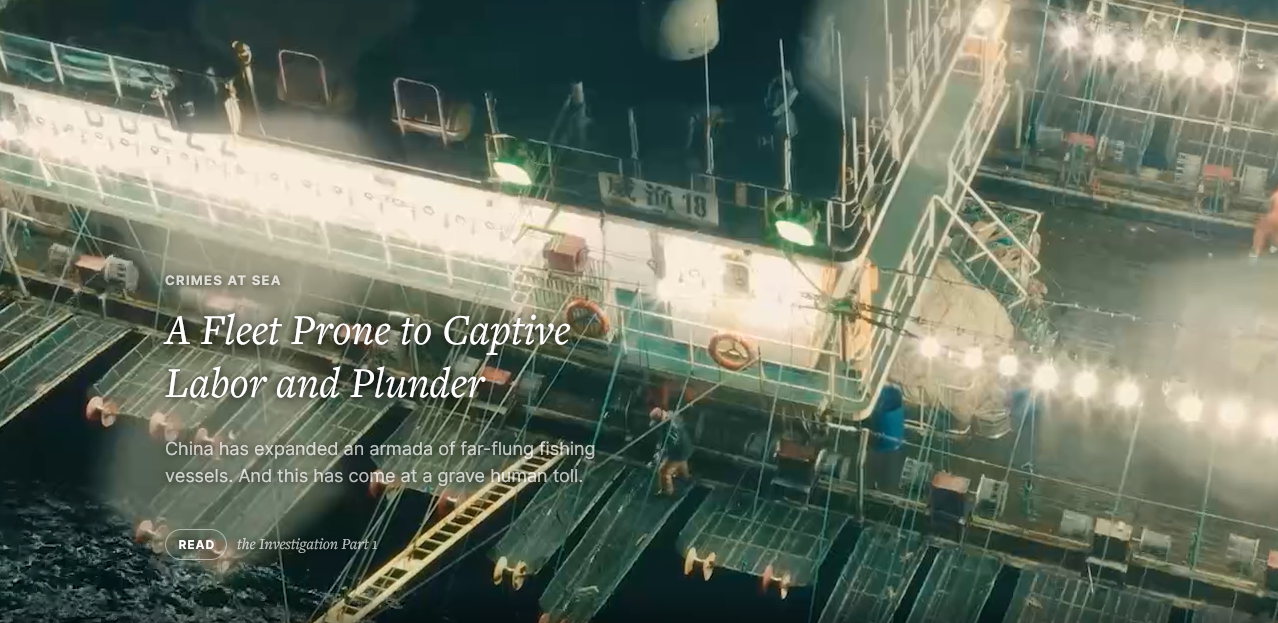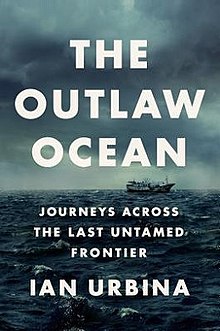Home
| About
| Mine Tracker
| RSS
| Footer
▄▄▄▄▄▄▄▄▄▄▄▄▄▄▄▄▄▄▄▄▄▄▄▄▄▄▄▄▄▄▄▄▄▄▄▄▄▄▄▄▄▄▄▄▄▄▄▄▄▄▄▄▄▄▄▄▄▄▄▄▄▄▄▄▄▄▄▄▄▄▄▄▄▄▄▄▄▄▄▄▄▄▄▄▄▄▄▄▄▄▄▄▄▄▄▄ █▄▄░▄▄█░▄▄▀█░▄▄▀█▀▄▀█░▄▄███░▄▄▀█░▄▄▀█░▄▀███▄▄░▄▄█░▄▄▀█░▄▄▀█▀▄▀█░▄▄█░▄▄▀█░▄▄▀██▄██░███▄██▄░▄█░██░ ███░███░▀▀▄█░▀▀░█░█▀█░▄▄███░▀▀░█░██░█░█░█████░███░▀▀▄█░▀▀░█░█▀█░▄▄█░▀▀░█░▄▄▀██░▄█░███░▄██░██░▀▀░ ███░███▄█▄▄█▄██▄██▄██▄▄▄███▄██▄█▄██▄█▄▄██████░███▄█▄▄█▄██▄██▄██▄▄▄█▄██▄█▄▄▄▄█▄▄▄█▄▄█▄▄▄██▄██▀▀▀▄ ▀▀▀▀▀▀▀▀▀▀▀▀▀▀▀▀▀▀▀▀▀▀▀▀▀▀▀▀▀▀▀▀▀▀▀▀▀▀▀▀▀▀▀▀▀▀▀▀▀▀▀▀▀▀▀▀▀▀▀▀▀▀▀▀▀▀▀▀▀▀▀▀▀▀▀▀▀▀▀▀▀▀▀▀▀▀▀▀▀▀▀▀▀▀▀▀
Article; Olive Oil Wars
https://www.europeandatajournalism.eu/cp_data_news/the-olive-oil-wars/
He is an oil broker, an intermediary who puts traders in contact with mills. Italy has always needed oil to export, and Spain, which normally produces about half of the world’s olive oil, has a surplus. This imbalance has caused a dependency whereby Italy buys, bottles under its own brands and sells back, at a higher price, large quantities of Spanish oil. And it is not exactly small fry (if you pardon the pun). Italy has been the destination of nearly half of Spanish exports, the vast majority of which it resells, at least since the 1990s.
https://www.europeandatajournalism.eu/cp_data_news/the-olive-oil-wars/
He is an oil broker, an intermediary who puts traders in contact with mills. Italy has always needed oil to export, and Spain, which normally produces about half of the world’s olive oil, has a surplus. This imbalance has caused a dependency whereby Italy buys, bottles under its own brands and sells back, at a higher price, large quantities of Spanish oil. And it is not exactly small fry (if you pardon the pun). Italy has been the destination of nearly half of Spanish exports, the vast majority of which it resells, at least since the 1990s.
Article; Een handtas van Dior, ‘made in’ een sweatshop in Milaan
https://www.nrc.nl/nieuws/2024/06/23/een-handtas-van-dior-made-in-een-sweatshop-in-milaan-a4857420
High end Italian fashion from Milanese sweatshops
https://www.nrc.nl/nieuws/2024/06/23/een-handtas-van-dior-made-in-een-sweatshop-in-milaan-a4857420
High end Italian fashion from Milanese sweatshops
Book; Dead in the Water
https://www.matthew-campbell.com/dead-in-the-water
Dead in the Water is a shocking expose of the corrupt inner workings of international shipping, told through the lens of the Brillante hijacking and its aftermath. Through first-hand accounts of those who lived it—from members of the ship’s crew and witnesses to the attacks, to the ex-London detectives turned private investigators seeking to solve Mockett’s murder and bring justice to his family—award-winning Bloomberg reporters Matthew Campbell and Kit Chellel piece together the astounding truth behind one of the most brazen financial frauds in history.
https://www.matthew-campbell.com/dead-in-the-water
Dead in the Water is a shocking expose of the corrupt inner workings of international shipping, told through the lens of the Brillante hijacking and its aftermath. Through first-hand accounts of those who lived it—from members of the ship’s crew and witnesses to the attacks, to the ex-London detectives turned private investigators seeking to solve Mockett’s murder and bring justice to his family—award-winning Bloomberg reporters Matthew Campbell and Kit Chellel piece together the astounding truth behind one of the most brazen financial frauds in history.
Outlaw Ocean: The China Report
https://www.theoutlawocean.com/investigations/china-the-superpower-of-seafood/

Since then, China has invested heavily in its fleet. The country now catches more than five billion pounds of seafood a year through distant-water fishing, the biggest portion of it squid. China’s seafood industry, which is estimated to be worth more than thirty-five billion dollars, accounts for a fifth of the international trade, and has helped create fifteen million jobs. The Chinese state owns much of the industry—including some twenty per cent of its squid ships—and oversees the rest through the Overseas Fisheries Association. Today, the nation consumes more than a third of the world’s fish.
https://www.theoutlawocean.com/investigations/china-the-superpower-of-seafood/

Since then, China has invested heavily in its fleet. The country now catches more than five billion pounds of seafood a year through distant-water fishing, the biggest portion of it squid. China’s seafood industry, which is estimated to be worth more than thirty-five billion dollars, accounts for a fifth of the international trade, and has helped create fifteen million jobs. The Chinese state owns much of the industry—including some twenty per cent of its squid ships—and oversees the rest through the Overseas Fisheries Association. Today, the nation consumes more than a third of the world’s fish.
The Amazon cut: How beef linked to deforestation is exported to Europe by major companies
https://forbiddenstories.org/the-amazon-cut-how-beef-linked-to-deforestation-is-exported-to-europe-by-major-companies/

In the cattle industry, following the supply chain can be challenging. Beef companies need livestock supplied from ranches near their slaughterhouses. Today, JBS, Marfrig and Minerva have an obligation to ensure that their direct suppliers are not involved in illegal deforestation, but before arriving at a slaughterhouse, livestock usually pass through two to three farms, sometimes more. “Farms that feed, raise, fatten and deliver animals to the slaughterhouses are becoming fewer and fewer,” Tiago Reis, a researcher at Trase, an initiative by the NGO Global Canopy and the Stockholm Environment Institute to establish greater supply chain transparency, told Forbidden Stories.
https://forbiddenstories.org/the-amazon-cut-how-beef-linked-to-deforestation-is-exported-to-europe-by-major-companies/

In the cattle industry, following the supply chain can be challenging. Beef companies need livestock supplied from ranches near their slaughterhouses. Today, JBS, Marfrig and Minerva have an obligation to ensure that their direct suppliers are not involved in illegal deforestation, but before arriving at a slaughterhouse, livestock usually pass through two to three farms, sometimes more. “Farms that feed, raise, fatten and deliver animals to the slaughterhouses are becoming fewer and fewer,” Tiago Reis, a researcher at Trase, an initiative by the NGO Global Canopy and the Stockholm Environment Institute to establish greater supply chain transparency, told Forbidden Stories.
Investigation: Deforestation Inc
https://www.icij.org/investigations/deforestation-inc/
An ICIJ-led cross-border investigation exposes how a lightly regulated sustainability industry overlooks forest destruction and human rights violations when granting environmental certifications.
https://www.icij.org/investigations/deforestation-inc/
An ICIJ-led cross-border investigation exposes how a lightly regulated sustainability industry overlooks forest destruction and human rights violations when granting environmental certifications.
Book, The Outlaw Ocean
https://en.wikipedia.org/wiki/The_Outlaw_Ocean

The dark underbelly of supply chains
https://en.wikipedia.org/wiki/The_Outlaw_Ocean

The dark underbelly of supply chains
Article, Food fraud and counterfeit cotton: the detectives untangling the global supply chain
https://www.theguardian.com/news/2021/sep/16/food-fraud-counterfeit-cotton-detectives-untangling-global-supply-chain
Amid the complex web of international trade, proving the authenticity of a product can be near-impossible. But one company is taking the search to the atomic level
https://www.theguardian.com/news/2021/sep/16/food-fraud-counterfeit-cotton-detectives-untangling-global-supply-chain
Amid the complex web of international trade, proving the authenticity of a product can be near-impossible. But one company is taking the search to the atomic level